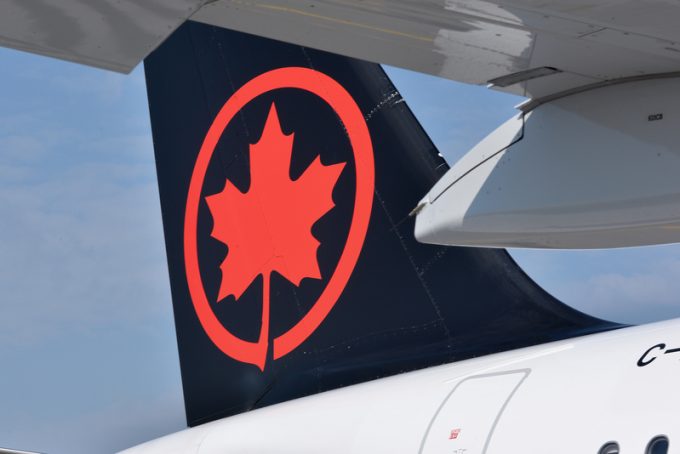Tariff truce for Canada and Mexico – China retaliates, but lightly
Donald Trump’s use of tariffs for leverage and ‘deal-making’ was proven yesterday when those to ...

Canada’s leading air cargo carriers have dialled back their freighter fleet expansion plans but still see room for growth.
Cargojet, the nation’s top all-cargo carrier, has put four 757 freighters up for sale. The planes have been surplus after a restructure earlier in the year that saw some route consolidation leveraging its 767 freighters, said chief strategy officer Jamie Porteous.
Since the change, Cargojet has looked to the leasing and charter markets to find work for the excess planes, but it finally ...
Transpacific sees first major MSC blanks as rates fall and volumes falter
Volcanic disruption at Anchorage could hit transpacific airfreight operations
Shippers snap up airfreight capacity to US ahead of tariff deadline
New price hikes may slow ocean spot rate slide – but for how long?
Supply chain delays expected after earthquake hits Myanmar
Tighter EU import requirements proving 'a challenge' for forwarders
Looming Trump tariffs will create 'a bureaucratic monster' for Customs

Comment on this article